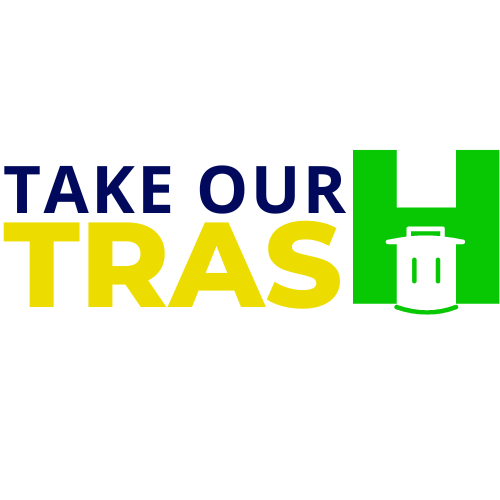In today’s fast-paced world, trash reduction is more than just a good practice—it’s essential for preserving the environment and creating a sustainable future. With effective waste management strategies and a commitment to reducing household waste, individuals and communities can make a meaningful impact. This blog post explores the best options for reducing trash, from recycling to composting, and highlights how trash services play a role in managing waste responsibly.
Why Reducing Trash Matters
The accumulation of trash creates numerous environmental and economic challenges. Overloaded landfills emit harmful greenhouse gases, pollute waterways, and impact wildlife. By reducing the amount of waste we produce, we contribute to a healthier planet and lessen the strain on waste management infrastructure.
The 4 R's of Waste Reduction
- Refuse: The first step to reducing waste is to simply say "no" to products that aren’t necessary, especially those with excessive packaging or single-use items.
- Reduce: This involves minimizing waste by choosing products with less packaging and buying only what you need.
- Reuse: Give items a second life by repurposing or donating them. Reusable products like water bottles, shopping bags, and containers are great for reducing daily waste.
- Recycle: Proper recycling ensures that materials like plastic, metal, and glass are processed and reused, reducing the need for raw resources.
Each of these steps contributes to a cycle of sustainability and waste reduction, but choosing which methods to apply can depend on the resources available in your community and through local trash services.
Effective Options for Reducing Trash
1. Recycling Programs
Recycling is one of the most common ways to reduce waste. Many cities offer curbside recycling through trash services, making it easy for households to sort materials like paper, plastic, and aluminum. Effective recycling reduces the demand for raw materials, conserves energy, and lowers greenhouse gas emissions.
Pro Tips for Recycling:
- Check local guidelines on what’s recyclable.
- Clean and dry materials before recycling to avoid contamination.
- Keep recyclables sorted according to local requirements (e.g., separating plastics from metals).
2. Composting
Composting transforms organic waste into nutrient-rich soil, making it one of the best options for reducing food waste and yard debris. Through composting, you can recycle vegetable scraps, coffee grounds, and yard waste back into the earth, creating a natural fertilizer for gardens and landscaping.
Getting Started with Composting:
- Choose a composting method (e.g., backyard composting, worm composting, or city composting programs).
- Add a balanced mix of “greens” (vegetable scraps, grass clippings) and “browns” (leaves, cardboard).
- Turn the compost occasionally to speed up the breakdown process.
Composting not only reduces the amount of trash sent to landfills but also provides an eco-friendly alternative to synthetic fertilizers.
3. Smart Purchasing Choices
Being mindful of what we buy helps reduce waste at the source. Look for products with minimal packaging, purchase items in bulk to avoid single-use packaging, and opt for quality over quantity. Refillable containers and reusable shopping bags can also make a significant difference.
4. Utilizing Trash Services for Hazardous Waste
Hazardous materials like electronics, batteries, and chemicals require special disposal methods to avoid contamination. Many local trash services offer special collection days for hazardous waste, allowing for safe disposal without harming the environment.
Items to Dispose of Responsibly:
- Batteries and electronics (e-waste)
- Cleaning chemicals
- Paints and pesticides
Proper disposal of hazardous waste prevents harmful chemicals from entering landfills, soil, and water sources, contributing to a cleaner and safer environment.
Benefits of Reducing Trash
Reducing trash has wide-reaching benefits:
- Environmental Conservation: Less waste in landfills means reduced pollution and lower greenhouse gas emissions.
- Cost Savings: Buying only what you need, opting for reusable items, and using compost as fertilizer can save money in the long run.
- Improved Quality of Life: Cleaner neighborhoods, less litter, and a healthier environment contribute to a higher quality of life for everyone in the community.
Conclusion
The best option for reducing trash combines multiple strategies to address waste at every level—from refusing unnecessary items to participating in community recycling programs. Trash services play a crucial role in this effort, helping residents manage waste responsibly and offering options for recycling, composting, and safe disposal. By adopting waste reduction practices and using available resources, we can create a more sustainable future and protect our planet for generations to come.
Reducing trash begins with each individual choice, and every small step toward sustainability counts.
